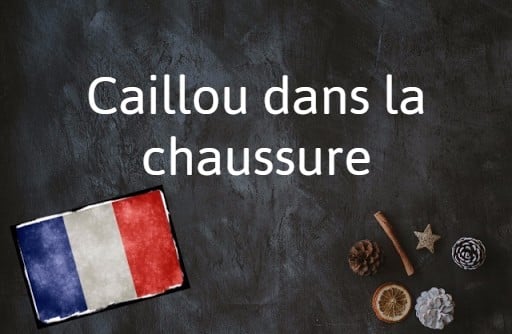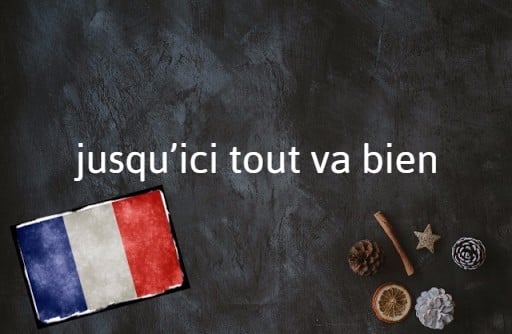Why do I need to know Caillou dans la chaussure?
Because, sometimes, you just need to tell someone about your frustration with life’s little, annoying, metaphorically painful niggles.
What does it mean?
Caillou dans la chaussure – roughly pronounced kay-oo don la shass-your – translates as ‘stone in the shoe’, is a phrase as old as time, and means exactly what it says.
You can use this in a literal sense, for example if you’re hiking and get gravel in your boots, but it’s more usually used as a metaphor.
When someone says they have a pebble in their shoe, it means that something is not right – and it describes the metaphorical feeling of something troublesome that is more painful than it really needs to be and is creating bigger problems than its size would suggest.
You can use it about your own problems, and it’s also used to describe something that is a big problem for someone else – in English you might say something is the ‘millstone around their neck’ to describe a big, weighty problem that won’t go away.
Use it like this
Nouvelle-Calédonie : le gros caillou dans la chaussure de Macron – New Caledonia is the millstone around Macron’s neck
Nous connaissons tous cette sensation désagréable d’avoir un caillou coincé dans notre chaussure – We all know that unpleasant feeling of having a stone stuck in our shoe.



 Please whitelist us to continue reading.
Please whitelist us to continue reading.
Member comments